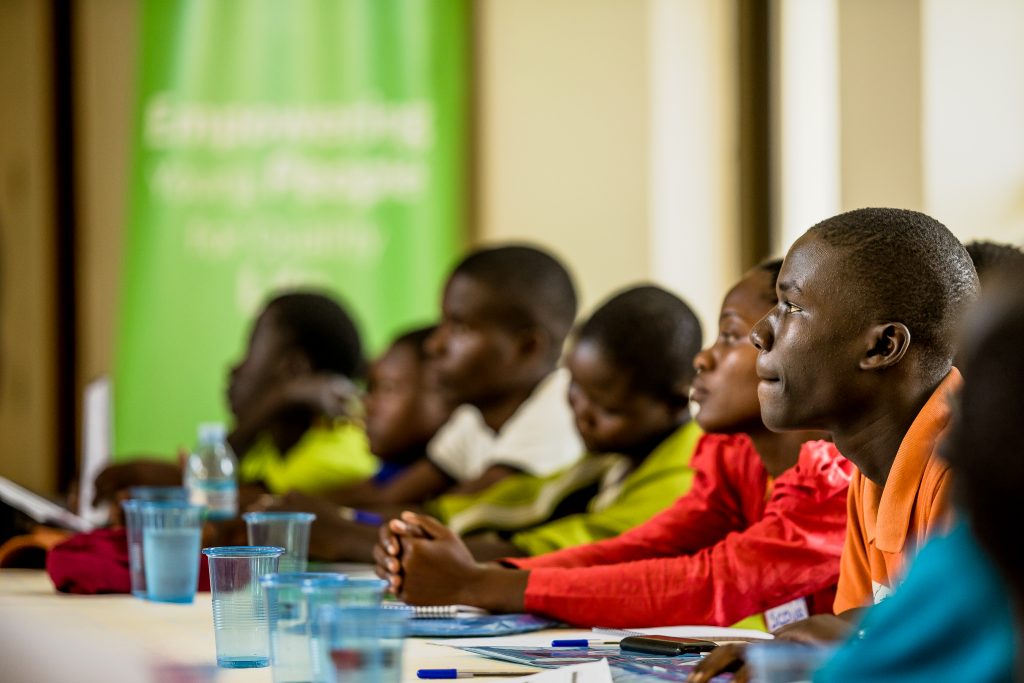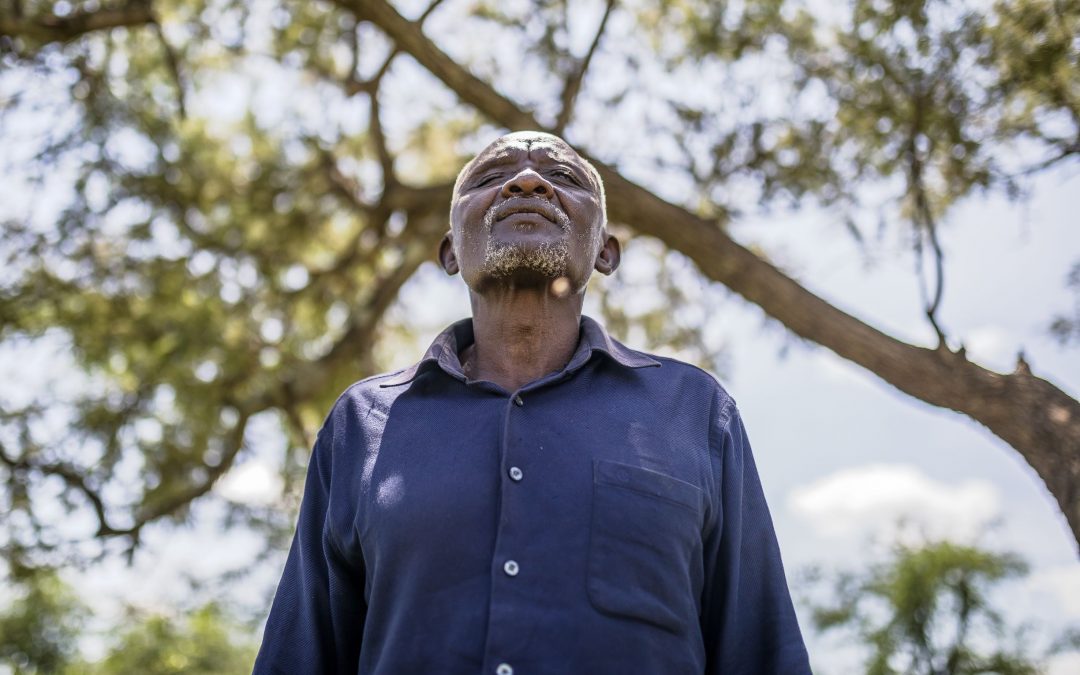“While growing up I never knew anything about family planning. I have so many children. It’s something that I have known for just three years now, and I have come to accept it. It’s important for the community since it enables one to determine the number of children they want to have. Personally, I have taken an initiative to go around the community and tell the people about family planning and how important it is to have fewer children. Raising a family is expensive and when you don’t plan, you have to bear the uncertainties. Some people have accepted it while some have rejected it and they say it’s not part of our culture, but I am sure they will see the need for family planning in future.” – Musa Amakal, West Pokot
Family planning has a key role to play in the reduction of maternal mortality rates, one of the desired outcomes of SDG 3, ensure healthy lives and promote wellbeing for all at all ages, which aims to reduce the global maternal mortality ratio to less than 70 deaths per 100,000 live births.
As childbearers, women are often the focus of family planning programs, which presume that women are more motivated than men to use family planning services and to interact with health care services generally. In addition, most methods of contraception are female-controlled, allowing women to have greater power over their fertility. Yet these family planning programs can overlook the power dynamics in the household that give men decision-making power over whether and when sex occurs and if contraception is used.
Men have a critical role to play in the improvement of reproductive rights across the African continent. Studies show that men’s general knowledge and opinions on major factors such as the ideal family size, spacing between births and contraceptive methods used have a significant influence on women’s own preferences and attitudes.
Depending on their knowledge and understanding of how and why women use contraception, men’s attitudes towards family planning varies but overall there is a positive response towards discussing it and engaging with related decisions and services. Research indicates that socioeconomic factors affect how men view family planning and misconceptions surrounding modern contraception methods can hinder support for family planning. A limited choice in contraceptives, lacking venues for family planning services, and few messages targeted specifically to them create barriers that prevent men from engaging with this important issue.
We must engage men in programs that specifically acknowledge men’s concerns, misconceptions, and role in the decision-making process and that educate them on the socioeconomic and health benefits of family planning, dispelling any myths in the process.

SRH training at the DSW Offices in Lubowa, Uganda. Photo by Brian Otieno for DSW.
As the number of births decreases, so do infant, child, and maternal mortality rates. Thus contraception is key to achieving SDG 3, and male involvement helps not only in the acceptance of contraceptives but also in their effective and continued use. Couples who discuss family planning and their desired number of children have more success in achieving their reproductive goals.
Twenty-five years ago, governments across the world committed to the Beijing Declaration and Platform for Action at the Fourth World Conference on Women in Beijing in September 1995 – then the most progressive blueprint ever for the advancement of women’s rights. This year marks the 25th anniversary of this historic agreement. It specifically maintained that:
- Equal relationships between women and men in matters of sexual relations and reproduction, including full respect for the integrity of the person, require mutual respect, consent and shared responsibility for sexual behaviour and its consequences, and
- Shared responsibility between men and women in matters related to reproductive and sexual behaviour is essential to improving women’s health.
2020 is a pivotal year to work to achieve the SDGs of the 2030 Agenda for Sustainable Development, further gender equality and empower all women and girls across the world – with the support of their male family members, friends, and partners.
The Right By Her campaign focusses on four core rights areas: harmful practices (with a focus on FGM and child marriage), HIV & AIDS, GVAW, and SRHR. The right to sexual and reproductive health is more than just the absence of disease – as defined by the WHO, it is a state of complete physical, mental, and social well-being.
Sexual health concerns a person’s sexual well-being and their consensual, pleasurable and safe sexual experiences and relationships, free from coercion, discrimination and violence Reproductive health concerns the reproductive system, including the ability of people to have children and the freedom to decide whether or not to do so, when to have them, and how many to have.
Stand for the right of women and girls to control their SRHR – stand #RightByHer.
Featured image by Brian Otieno for DSW.

